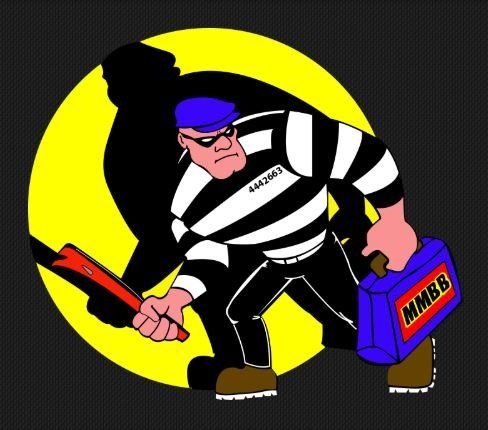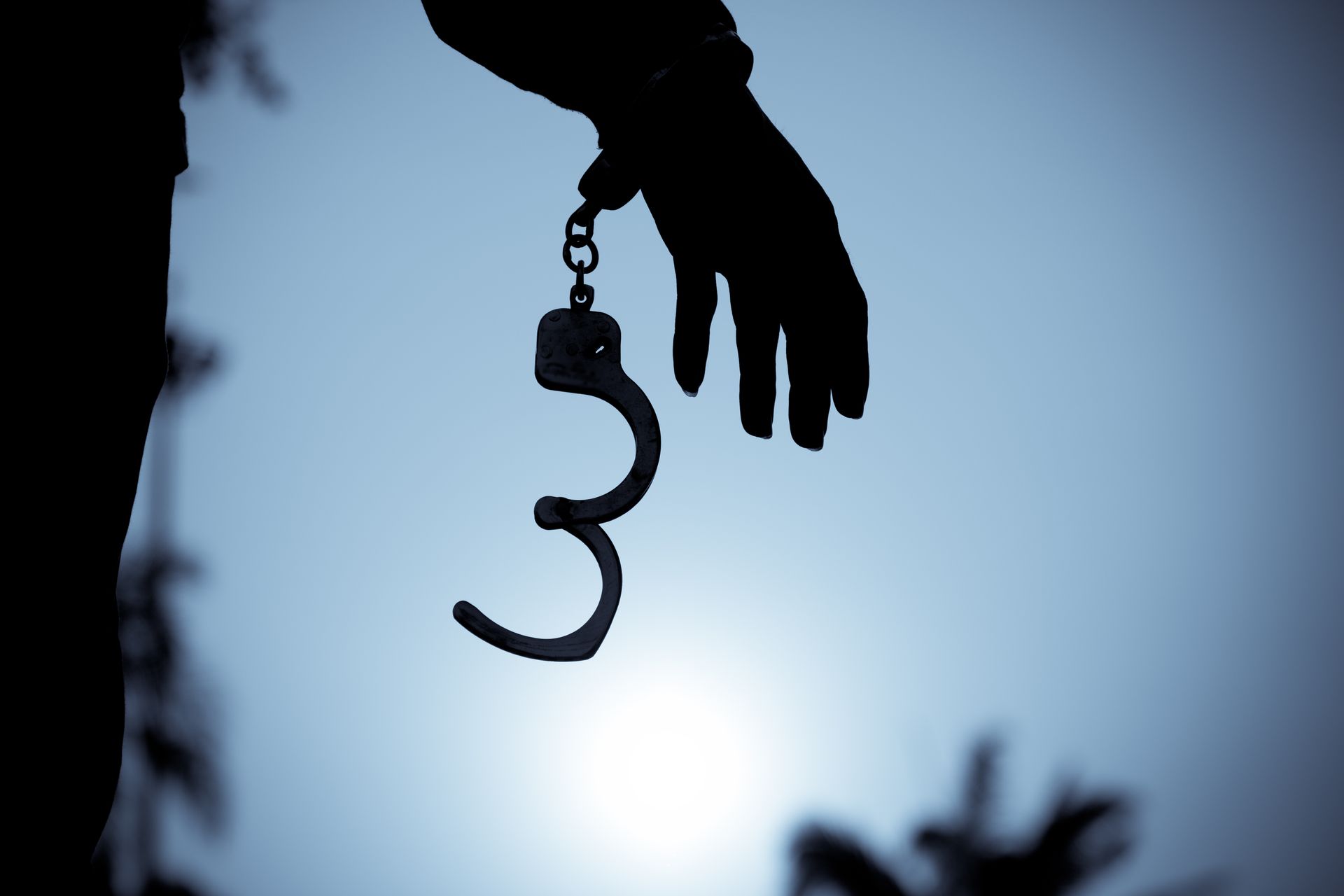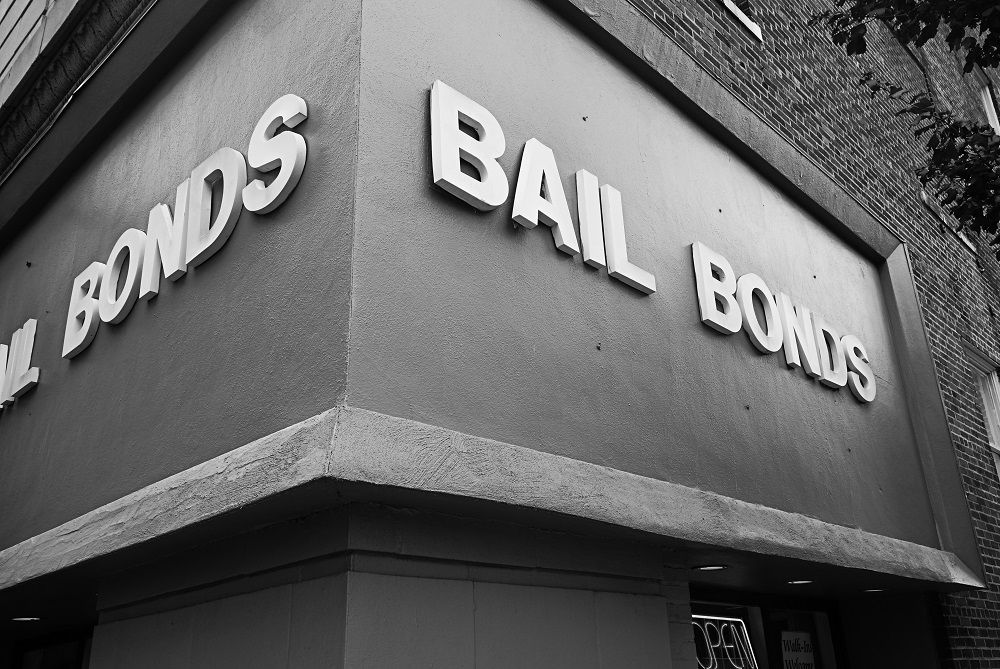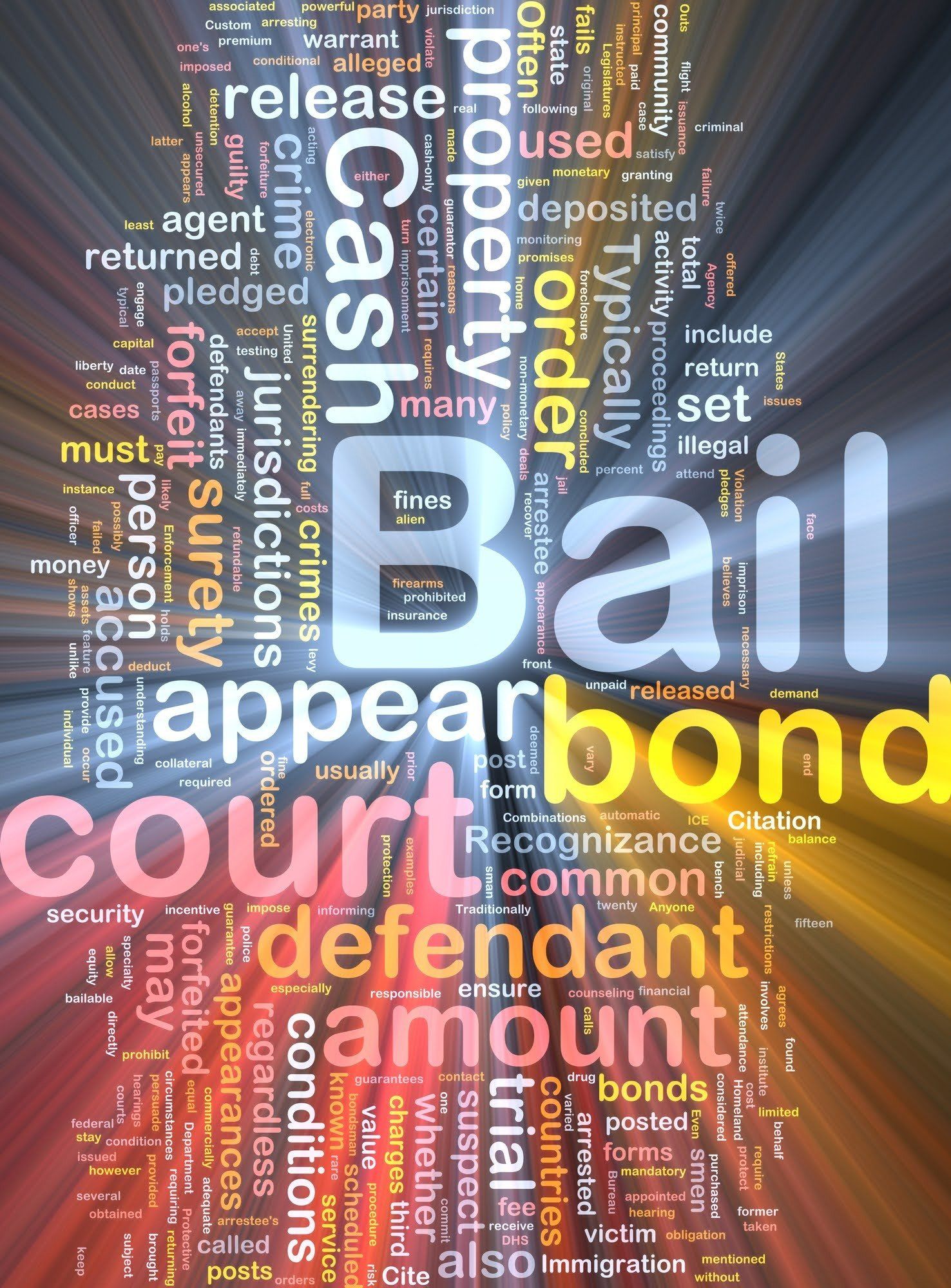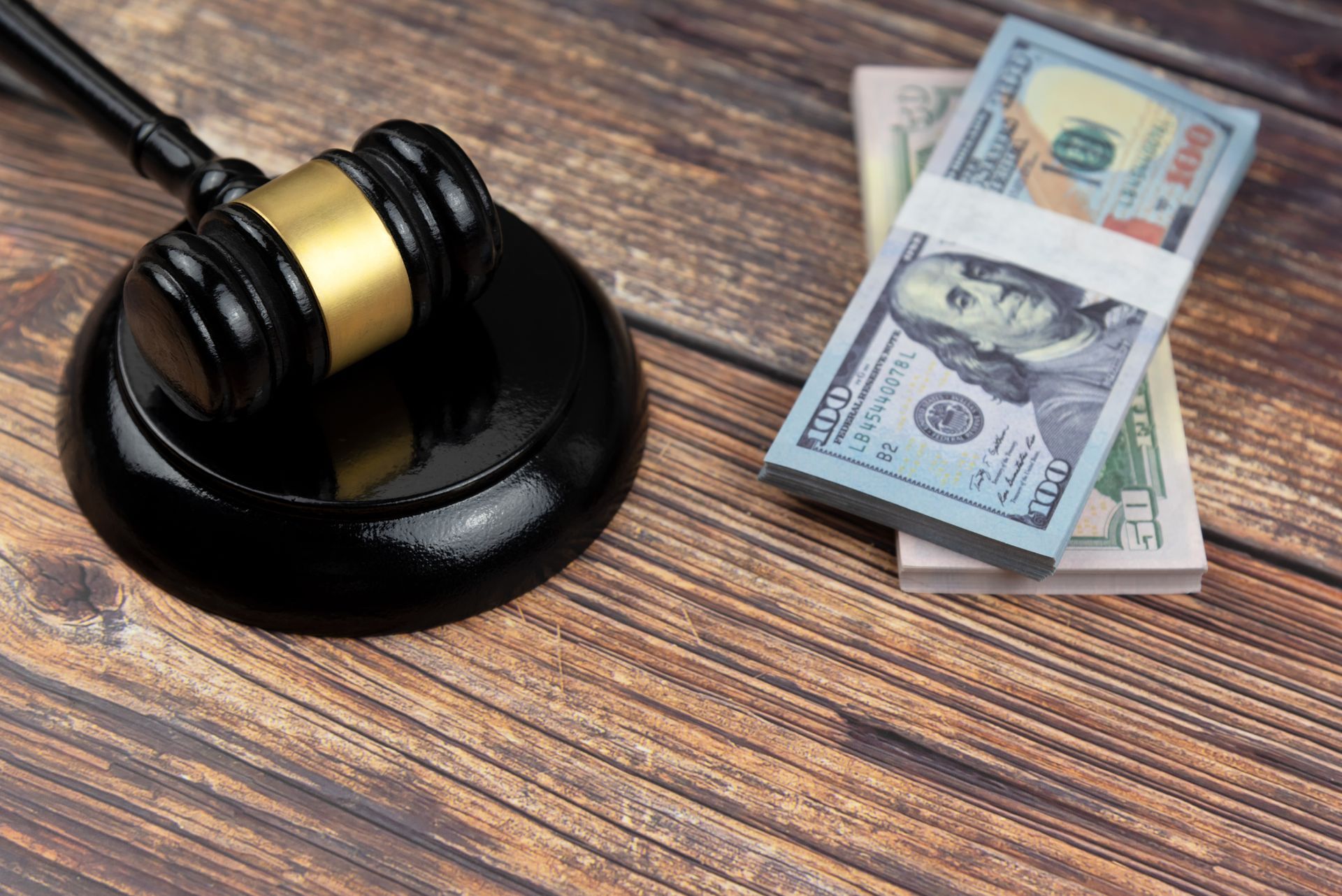Bail Versus Bond: Everything You Need To Know

After getting arrested and booked into jail, you have to go before a judge, who then decides whether or not to grant bail or bond. If the court considers a person to be a threat to society, the individual may be denied bail and held in remand. But, if bail or bond is granted, a person is released from jail but instructed to attend court proceedings at a given date.
Most people use the terms bail and bond interchangeably. While both will earn a person's freedom as the police investigate their case matter, they are not the same thing. Read on to understand how bail and bonds compare.
Bail Definition
Bail refers to the amount of cash paid by a defendant or someone representing them to a court. After posting bail, the court releases the defendant from jail as they await their trial. The court may set bail at any amount they prove reasonable.
Bond Definition
If a defendant cannot make a full bail payment, they have to secure a bond for the court to release them from jail. The bond is a pledge made by a third party to pay the defendant's outstanding bail amount and ensure they attend their trial.
Three common types of bonds include the following.
Bail Bonds
In the case of a bail bond, the defendant pays a bail bond company a non-refundable fee and deposits collateral with them. The company then pays a person's bond amount and pledges to ensure the person will attend their hearing.
Surety Bonds
Family or friends pay these bonds on behalf of the defendant to ensure they return to court. The person who pays a surety bond may pay the full amount or a percentage of the bond amount, or they may promise to pay the amount without making any upfront payments.
If the defendant does not show up at their court hearing, the person who put up the surety bond loses the amount they paid or owes the court the outstanding amount.
Appearance Bonds
These are bonds that an accused person takes responsibility for paying. The defendant may pay the full amount or a percentage of the bond amount, or they pledge to pay the amount without making any upfront payments.
Payment Consideration
Cash is the only accepted consideration for bail. On the other hand, a bail bond agent may assume all responsibility for a bond but may require the accused person to pay 10% of the bond amount and submit collateral as a guarantee.
Payment Refund
In the case of bail, the court refunds the full bail amount paid by the defendant, whether or not they are found guilty of the accused crime. But, the refund is only permissible if the defendant meets all court obligations. Otherwise, the court may retain the bail amount or designate it as fines or fees for failing to meet court obligations.
In contrast, bail bond agents consider any money paid by the defendant as a service charge and never refund it.
Transaction Costs
The expenses incurred when posting bail are lower than the costs associated with securing a bond. Bond costs are especially higher than bail, where one acquires the services of a third party to pledge on their behalf. However, bonds can come in handy where the court requires the defendant to pay a large bail amount.
Nature of the Transactions
Government laws and guidelines govern both bail and bond transactions. Therefore, the defendant and any parties who choose to be the defendant's guarantors can be sure that their money is secured as long as the defendant meets all court obligations.
Getting arrested is often an unanticipated occurrence, and it may take a while to secure money to pay for bail. Having friends or relatives pay your bond is also tricky because it puts some amount of pressure on them. Therefore, reach out to a local bail bond agent for fast, effective, and stress-free bond payment. Contact our agents at Matt McKeehan Bail Bonds today for all your bail bond needs in Florida.
